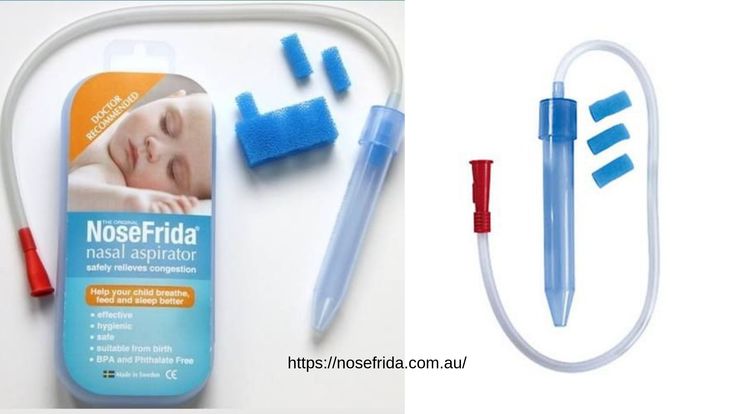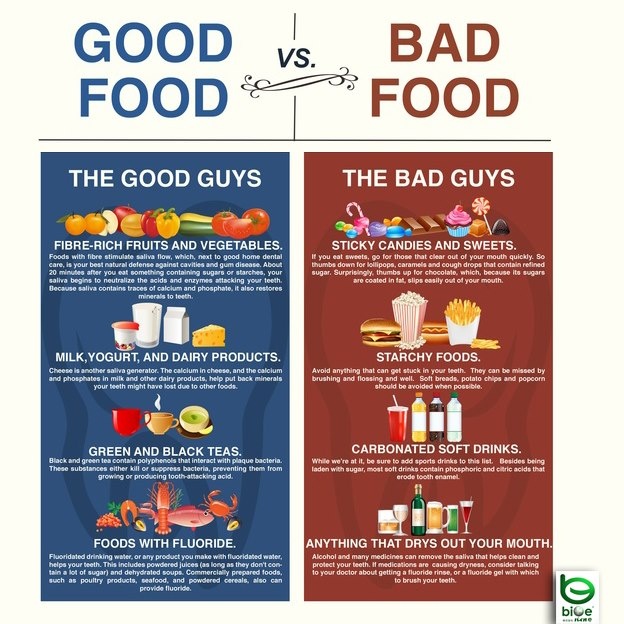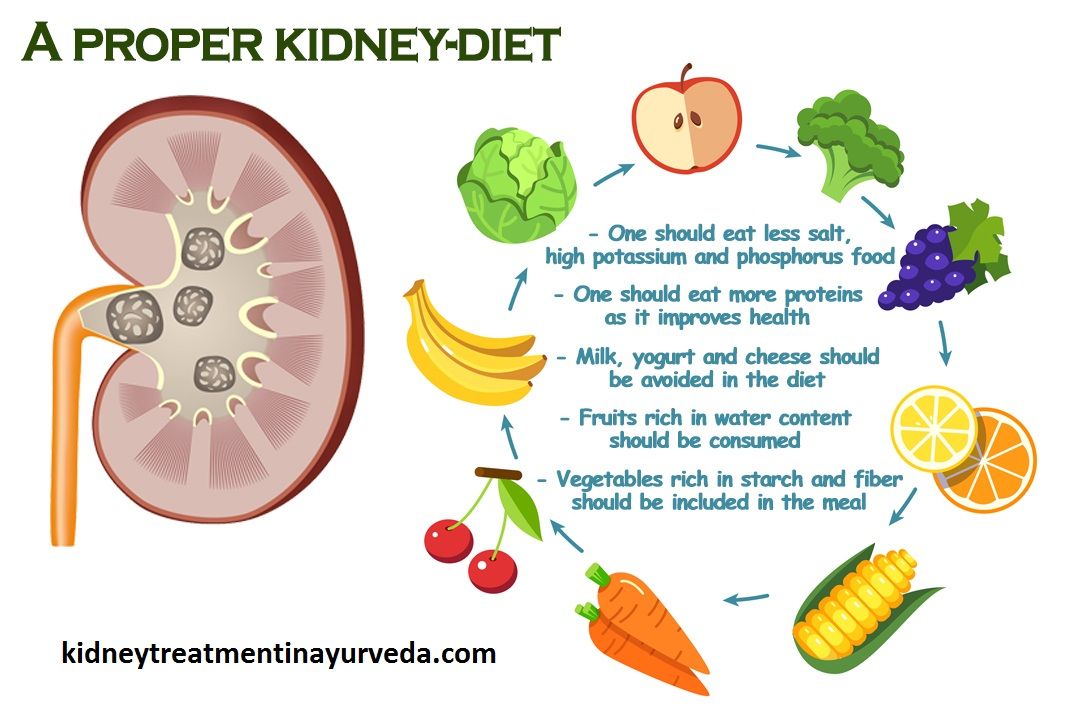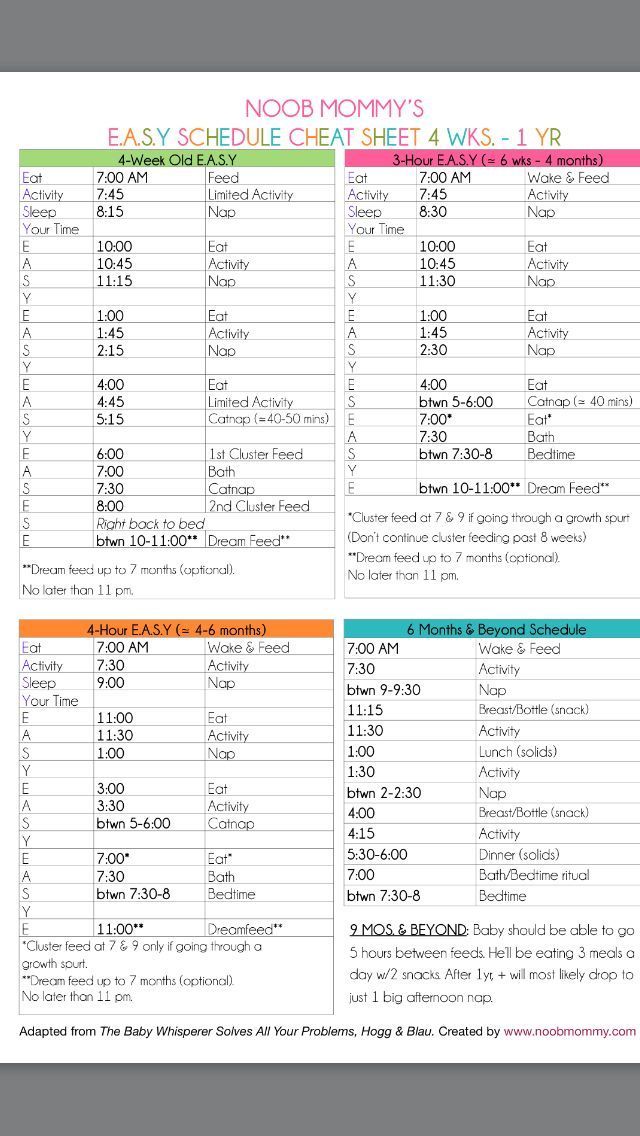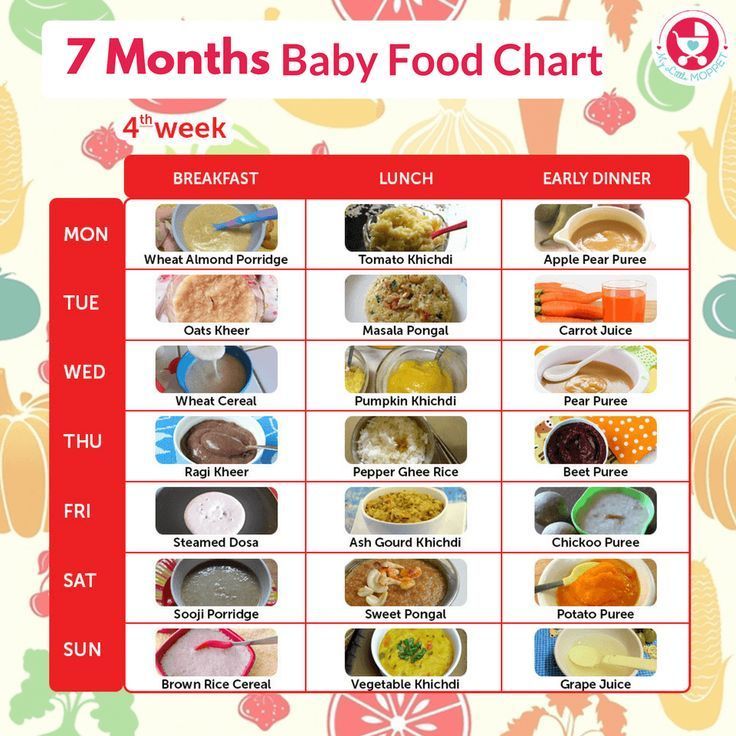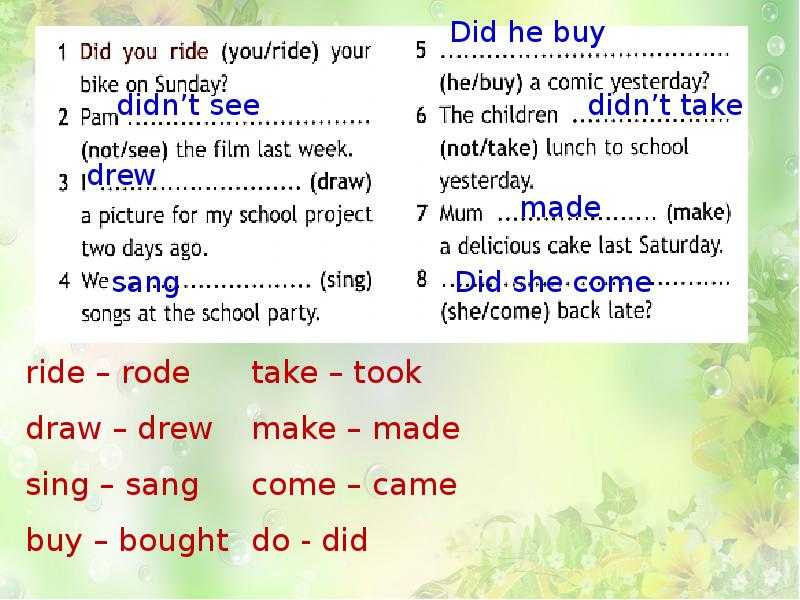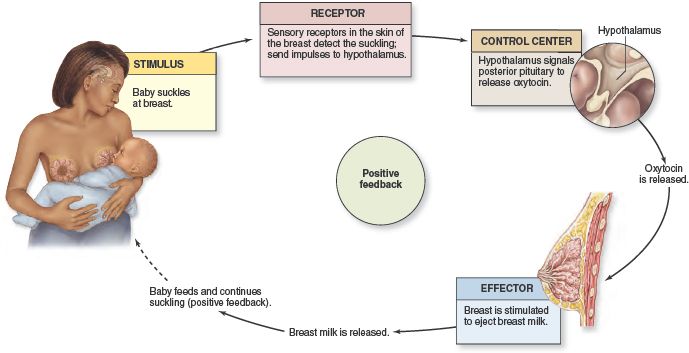Feeding baby with blocked nose
Baby’s First Cold? It’s Nothing that a Boob and a Cuddle Can’t Fix!
Winter is coming! And, along with winter comes dreaded coughs, colds and winter bugs. It can be a tricky time navigating breastfeeding through your baby’s first cold, but, don’t worry, we’ve got you covered!
Read on to uncover helpful tips on how to ease your baby’s illness and maintain your supply...
Share this content
When your little one experiences their first cold, it can be tough on you both! It can be difficult and frustrating for them to let you know that they aren’t feeling well and, for you, it can be stressful to try and figure it out!
How it All Starts
Changes in behaviour are often the first sign that your baby may not be feeling well, such as crying more frequently than usual, crankiness, wanting to feed more often, wanting to feed less often and being more difficult to console. If you are worried that your baby is becoming unwell, it is important to have them checked by your General Practitioner to make sure that it is nothing serious.
Sometimes a sick baby will start to refuse the breast because their throat is sore or because the congestion associated with a cold can make it hard for your baby to breathe clearly through their nose. Despite this temporary challenge, your breast milk is especially important for your little one during this time.
Your Breastmilk is Powerful!
When your baby is sick, your body springs into action and tailors the composition of your breast milk to provide the vitamins, antibodies, and other essential nutrients that your baby needs most to fight through their illness. Amazingly, the composition of your breastmilk changes when your baby is ill. How clever is that!
If you’re exposed to a bacterial or viral infection, your body makes antibodies to combat it; these are then transferred to your baby through your milk.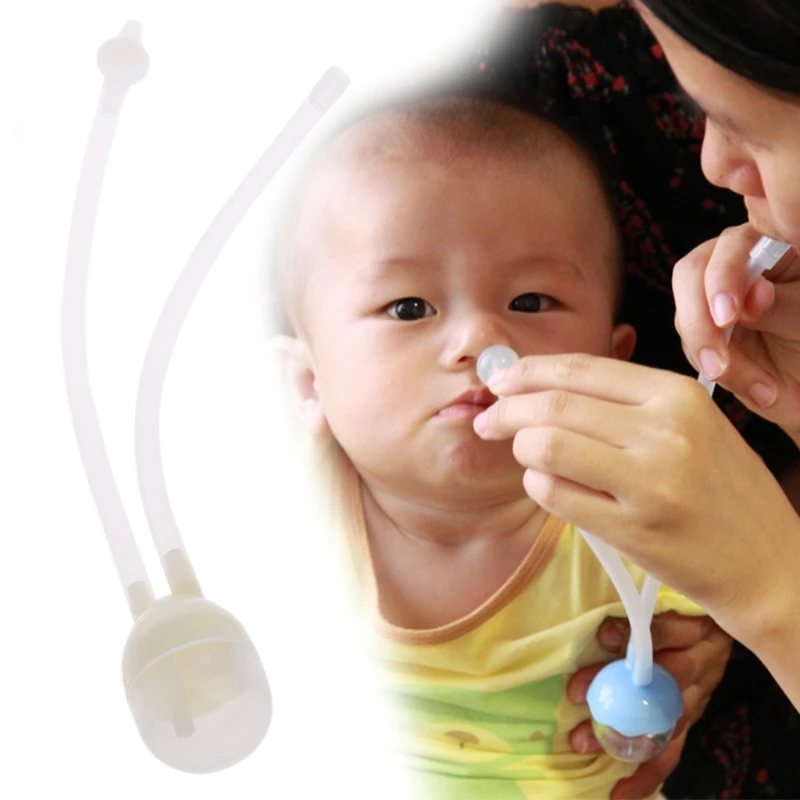 The levels of immunity-boosting cells, called leukocytes, in your milk also rise rapidly whenever your baby is unwell.
The levels of immunity-boosting cells, called leukocytes, in your milk also rise rapidly whenever your baby is unwell.
Due to the inflammation of a sore little throat, associated with a cold, your baby may start to refuse to breastfeed or may want to breastfeed for shorter periods. If this happens, offer your baby the breast often and let them guide you on how long they feed for. You may need to feed them very frequently until the inflammation reduces and your baby can sustain a more usual feed.
Due to nasal congestion, your baby may need to stop and take a few breaths before returning to sucking at your breast. Go with their pace and allow them to break regularly. Keep an eye on their nappy output to make sure they are not showing any signs of dehydration.
Cuddles Are Magical
Often, babies will want to feed constantly while they have a cold. Their bodies know that they need the valuable milk that you are producing for an antibody hit to help them recover. Your breastmilk can help to soothe a sore and irritated throat, and frequent cuddles and contact can help with aches and pains.
Your breastmilk can help to soothe a sore and irritated throat, and frequent cuddles and contact can help with aches and pains.
Hold and cuddle your baby as often as you need to help them through this tough time. You may even like to have some skin-to-skin time to help your baby. When holding your baby like this, you and your baby are releasing the feel-good hormone, oxytocin, and this will help you and your baby to feel better. There is nothing that can’t be fixed with a boob and a cuddle!
When breastfeeding, keep your little one as upright as possible. Congestion is often relieved when upright and it may help to reduce all those nasty secretions.
Try using saline drops and a rubber suction bulb to remove congestion from your baby’s nose before breastfeeding. You will likely have to do this several times through the day and night to continuously clear out backed-up mucus to create a comfortable feeding experience for your little one.
What if My Baby Doesn’t Want to Drink?
When a sick baby is reluctant to breastfeed, you can try giving them your breast milk with a syringe, dropper, or cup, to encourage them to drink and to keep up their oral intake.
You may also consider freezing some of your expressed breast milk until it is slushy and then feeding it to your little one with a spoon or cup – the cold, slushy mixture may provide some relief for a sore throat while providing the important antibodies and nutrients he or she needs from your breast milk. However, if your baby’s cold worsens or becomes severe, be sure to visit a healthcare provider right away for professional care.
How Can I Maintain My Supply if My Baby is Feeding Less?
If your little one is breastfeeding less – or not at all – while they are under the weather, it’s important to maintain your supply until your baby can breastfeed. To do this, you will need to express your breast regularly until your baby is feeding well again.
Breast milk is maintained on a supply and demand basis, and regular expression tells your body to continue production. If your baby is not feeding well, you will need to express as many times during the day and night that your baby would usually feed.
By regularly expressing milk from your breasts, you are telling your body that you still need to make this milk; otherwise, your body will think that it is no longer needed and your supply will start to reduce. This is particularly important if there are any changes to how your baby breastfeeds while sick, such as breastfeeding for shorter periods or less frequently through the day and night.
Consistent, expression during this time can help you continue providing breast milk – and its antibodies, vitamins, and other nutrients tailored specifically to your baby’s needs – for as long as you choose.
Maintaining good hand hygiene is important to minimise the risk of spreading the illness. Wash your hands with soap before and after feeding your baby, preparing and eating food, going to the toilet or changing nappies. Catch coughs and sneezes in a tissue, or the crook of your elbow (not your hands) if you don’t have one with you and always wash or sanitise your hands after coughing, sneezing or blowing your nose.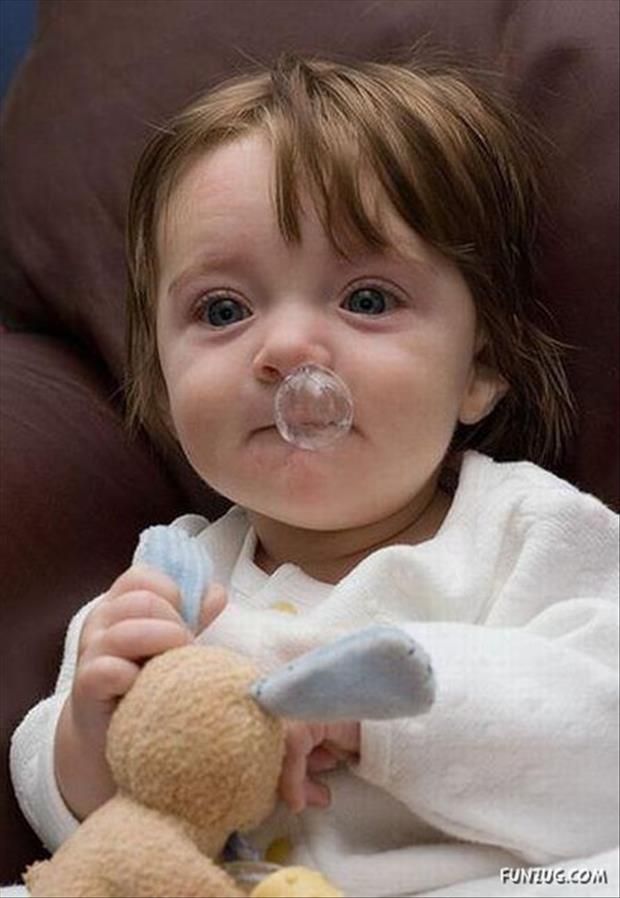
Have you or your baby been sick with a cold recently? Let us know what things helped you and your little one get through the chillier months! Let’s have a chat and support each other here or on the Medela Australia Facebook page!
What to Do if Your Breastfed Baby has a Cold and Stuffy Nose • Marie Biancuzzo, RN MS CCL IBCLC
Infant & Child Feeding and Development 0 Comments
Certainly, your baby’s runny, stuffy nose could be explained by allergies. But here, I’m going to primarily address infectious, contagious, viral infections in the winter that cause the really bad stuffy noses and thick icky mucous. You’re in charge of your baby’s health, so if your breastfed baby has a cold and stuffy nose, here’s what to do.
Step up the breastfeeding if your baby has been exposed to germs
A mother recently called me to say she had a terrible case of the flu. She asked me what do to about breastfeeding. I basically said, step it up, if you possibly can! She was petrified that being in close proximity would mean that her baby would get flu, too. Nope. Never happened.
She asked me what do to about breastfeeding. I basically said, step it up, if you possibly can! She was petrified that being in close proximity would mean that her baby would get flu, too. Nope. Never happened.
That’s because the custom-designed immunoglobulins (the protective factors) in a mother’s milk will reach a baby’s gut as soon as he consumes it. Then, it will almost immediately be used by his immune system. Consider this like an instant “vaccine,” if you will.
In adults, it doesn’t work that way. We aren’t aware that we’ve been near the infected person, and by the time we have symptoms, it’s hard to ward off the virus. And, I daresay there is no substance on earth that has as many immune-protective factors as a mother’s milk! Hence, babies are in good hands here — literally.
Continue breastfeeding if your breastfed baby has a cold and stuffy nose
If breastfeeding continues as usual, there’s a low likelihood that you’ll need to supplement with something other than your milk.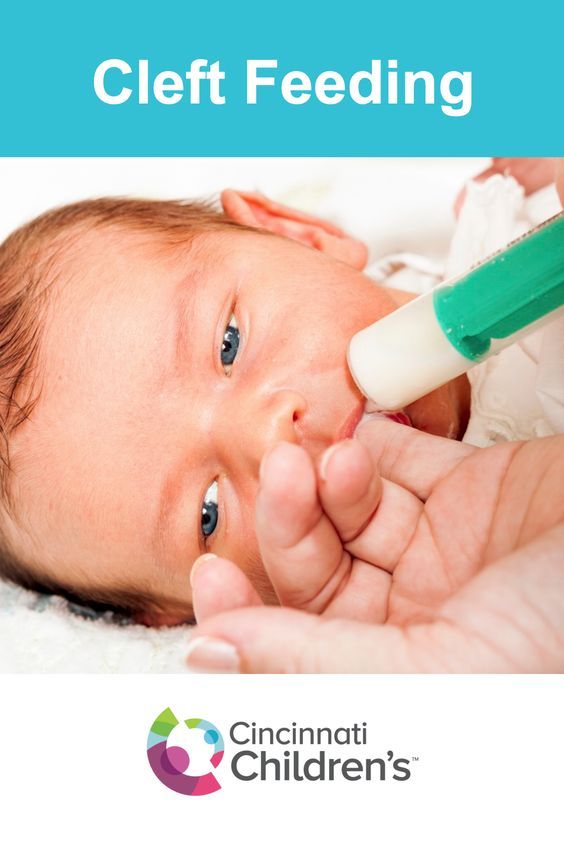 Keep nursing.
Keep nursing.
However, your milk supply may dwindle if your baby is not adequately draining your breast. And, you can run into mastitis if your milk doesn’t get removed. So, remember to hand express or pump if your baby isn’t fully removing your milk.
Make sure baby is well hydrated
Just like us adults, babies who are ill need to keep up their fluid intake. This includes a baby with a cold and stuffy nose.
How many wet diapers do you need to see? Especially with super-absorbent diapers, it can be hard to tell. Put one piece of toilet tissue in the diaper for better visualization.
Meanwhile, I’d want more information. Pale yellow (straw) color is good. I’d be very worried if I saw only scant dark amber-colored urine in those diapers.
If your baby has any of the classic signs of dehydration it’s time to call the doctor. Or if your instinct says get help, listen to yourself. (As always, this post is for information only; individuals have different needs, capabilities, and circumstances, so what you do is up to you. )
)
If your baby is totally disinterested and won’t eat at all, it’s time to call the doctor.
Short, frequent feedings can be key
Your breastfed baby with a cold and stuffy nose may not be able to suckle with her usual speed and gusto, and may putter out sooner than usual. Therefore, shorter, frequent feedings are the way to go.
Remember, too, that your baby may want to come to the breast for comfort. Everyone knows that the mother’s milk is food, fluid, and protection. But sometimes we forget that breastfeeding is also comforting for a baby.
Loosen up that junk in baby’s nose
If your breastfed baby has a cold and stuffy nose, it may be hard to suckle and breathe at the same time.
Getting your baby into a steamy room — like the bathroom after someone has taken a shower, can help to loosen up the thick mucus. You can also run a steam vaporizer in the room where your baby sleeps.
I’ve heard several breastfeeding mothers say they have put a few drops of their milk into their babies’ noses.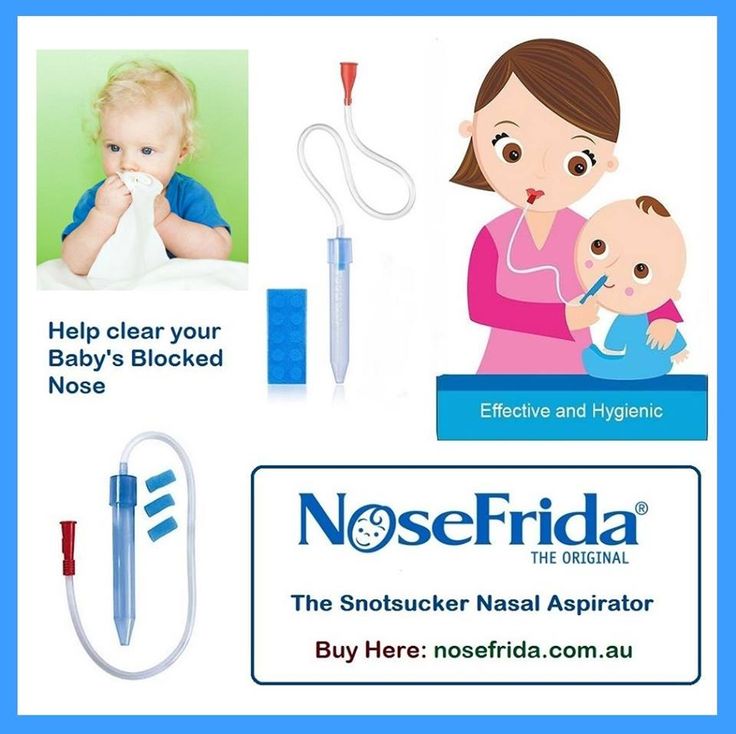 I can’t say I’ve seen any evidence to support that practice. (But then, who would fund such a study?) In her book, Breastfeeding: A Guide for the Medical Profession, internationally-recognized author Dr. Ruth Lawrence tells us that human milk is a physiologic substance, so this practice probably has merit.
I can’t say I’ve seen any evidence to support that practice. (But then, who would fund such a study?) In her book, Breastfeeding: A Guide for the Medical Profession, internationally-recognized author Dr. Ruth Lawrence tells us that human milk is a physiologic substance, so this practice probably has merit.
If your breastfed baby has a cold and stuffy nose, you can also use a bulb syringe to remove nasal mucus. You can do this no matter how young the baby is. I admit, this is a task that I don’t like doing, and the baby doesn’t like having it done. But it’s very helpful for really thick, icky mucous. You could use drops of saline, too.
Breastfeed in an upright position
If your breastfed baby has a cold and stuffy nose, she’ll nurse better sitting upright. True, babies younger than six months or so can’t sit by themselves. But you can put young babies in a sitting position on your lap while supporting their backs.
This makes sense, right? Ever sleep on three pillows when you’ve had a head cold? Right.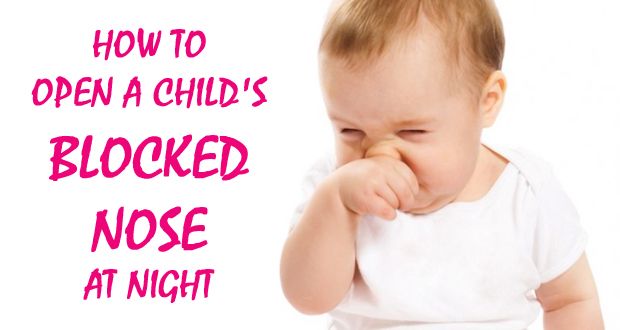 That’s because being in an upright or semi-upright position is less uncomfortable if you have a cold.
That’s because being in an upright or semi-upright position is less uncomfortable if you have a cold.
Alternatively, you could sit in a laid-back position, about 20-30 degrees off the bed, and put the baby on your breast, face first. Beware, though, this probably increases the likelihood of spreading staph infection onto your nipples. At least one study has shown that the mucous in a baby’s nose increases the risk for maternal mastitis.
Consider alternative feeding methods
If your breastfed baby has a cold and stuffy nose, nursing will almost always be easier than sucking a bottle. However, if your baby can’t nurse and breathe at the same time, you can try some alternative feeding methods. Put your expressed milk into a cup, syringe, or eyedropper.
Remember a few “do NOTs”
The American Academy of Pediatrics says you should NOT give children less than 4 years old those over-the-counter cough and cold remedies.
Furthermore, you should not use products such as camphor or peppermint.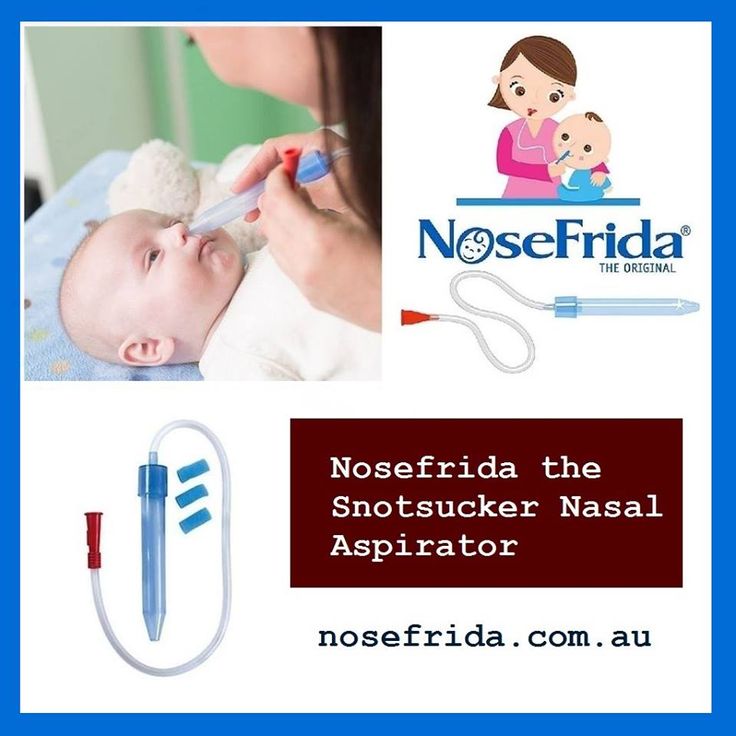 And before you use any essential oils, check and see if they are safe.
And before you use any essential oils, check and see if they are safe.
Remember, this will pass
If your breastfed baby has a cold and stuffy nose, you probably feel worried and fatigued. But most cold or flu symptoms don’t last more than a few days. Hang in there! This, too, shall pass!
What remedies have helped your breastfed baby when they’ve had a cold and stuff nose? Have you tried any of these tips? Share this handy info with other parents!
Share this
FacebookTwitterPinterestLinkedIn
Tagged breastfed baby, Breastfeeding, cold, congestion, sick baby, stuffy nose
Breastfeeding if you or your baby is sick
Should you breastfeed a sick baby?
Yes. Breastfeeding promotes recovery and also helps to calm the baby. Breast milk contains antibodies, white blood cells, stem cells, and protective enzymes that help fight infections and help your baby recover faster. In addition, the composition of breast milk (the balance of vitamins and nutrients) constantly adjusts to the baby's body to help him recover as soon as possible.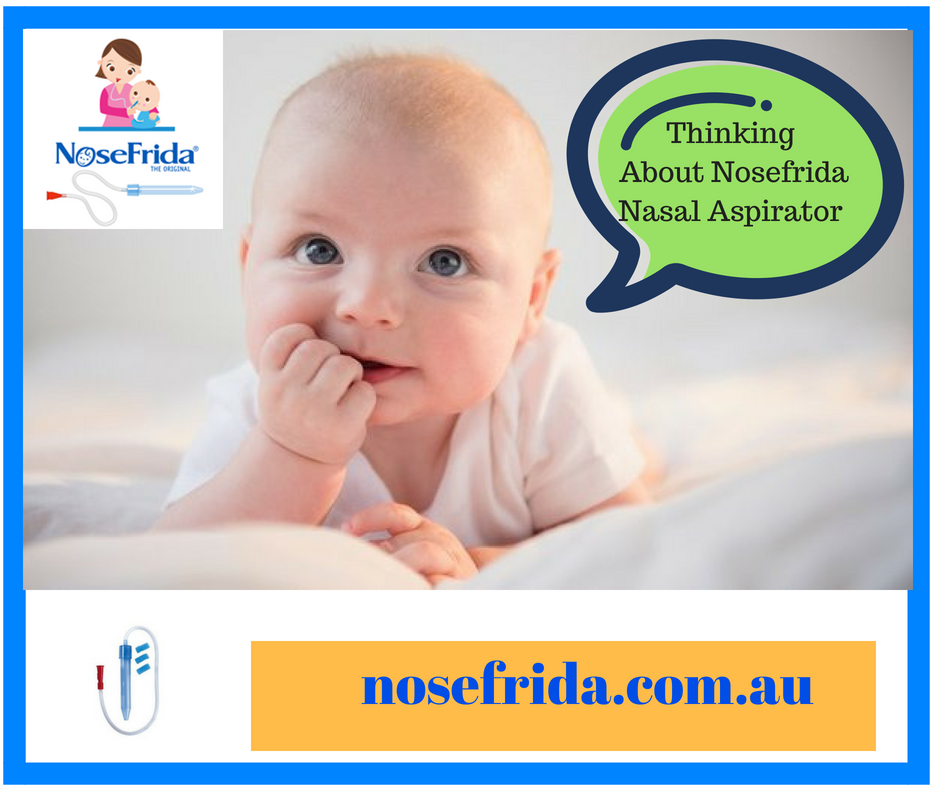 Thus, you will spend less time on sick leave and visit the doctor less often.
Thus, you will spend less time on sick leave and visit the doctor less often.
“Breastfeeding gives the baby everything she needs during her illness. This is his medicine, food, drink and comfort. For a baby, this is the best thing in the world,” says Sarah Beeson, a health visitor from the UK.
Surprisingly, when a child gets sick, the composition of breast milk changes. Upon contact with pathogens of bacterial and viral infections, your body begins to produce antibodies to fight them, which are then transferred to the baby through milk. When your baby is sick, your milk also spikes in immune-boosting cells (white blood cells).
In addition, breast milk is very easy to digest, making it an ideal food for babies with indigestion.
“At 12 months, my daughter contracted norovirus and could only feed on breast milk,” recalls Maya, a mother of two children from Spain, “By that time, we reduced breastfeeding to once before bed, but as soon as it was necessary to feed her more often, more milk. It was amazing. After 48 hours, I was able to meet the daily requirement for milk. It saved my baby from a drip."
It was amazing. After 48 hours, I was able to meet the daily requirement for milk. It saved my baby from a drip."
It should be taken into account that sometimes during an illness it is necessary to change the usual mode of breastfeeding. For example, with a cold, a baby may want to eat more often, but little by little, both to calm down and because of nasal congestion, which makes it difficult to apply to the chest for a long time. If your baby has a stuffy nose, an upright breastfeeding position may be more comfortable, so don't be afraid to try different breastfeeding positions.
Can I continue to breastfeed if I myself become ill?
You may not want to do this if you feel unwell, but in most cases it is best to continue breastfeeding. If you have a cold, runny nose, diarrhoea, vomiting, or mastitis, continue breastfeeding as normal with your doctor's approval. The baby is unlikely to become infected through breast milk. What's more, the antibodies in your milk will help reduce your baby's risk of contracting the same virus.
“Breastfeeding when sick is not only most often safe, but beneficial. Your baby is the least at risk of catching your upset stomach or cold, as he is already in close contact with you and receives a daily dose of protective antibodies from milk, ”says Sarah Beeson.
However, breastfeeding while sick can be very tiring. You need to take care of yourself so that you can take care of your baby. Try to drink more fluids, eat when you can, and get plenty of rest. Get under the covers with your baby for a few days and ask family or friends to help care for him if possible so that you can devote all your strength to recovery.
Breathe to eat?!
08/15/2016
The topic of breastfeeding is very relevant both for those who are just preparing to become a mother, and for those who are already clutching their first child to their breasts. Mother's milk is truly the best food that can only be offered to a child up to a year old. It helps the baby grow healthy and strengthens his immunity.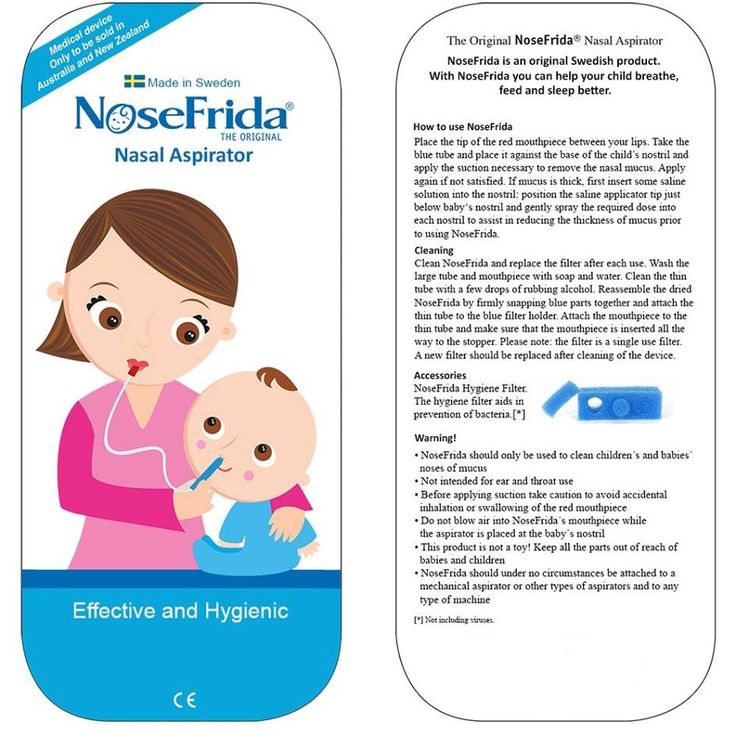 That is why it is especially necessary for a child in the first six months of life. Breast milk contains all the necessary nutrients for the baby, and in the optimal ratio and form, adapted to the characteristics of the digestive system of the newborn. In addition, it is rich in vitamins, enzymes, minerals and contributes to the creation of the necessary conditions for the formation of the "correct" intestinal microbial biocenosis.
That is why it is especially necessary for a child in the first six months of life. Breast milk contains all the necessary nutrients for the baby, and in the optimal ratio and form, adapted to the characteristics of the digestive system of the newborn. In addition, it is rich in vitamins, enzymes, minerals and contributes to the creation of the necessary conditions for the formation of the "correct" intestinal microbial biocenosis.
In addition, during breastfeeding there is direct communication between mother and child, which contributes to the formation of a positive emotional bond between them. The very act of sucking is extremely important for the baby. Sucking for an infant is a need and a pleasure that is not directly related to the feeling of hunger. Thanks to sucking, the baby develops the jaw apparatus, muscles of the mouth and tongue, which is especially important in the future, for example, in the development of speech.
But sometimes the process of feeding may not go as smoothly as a mother would like.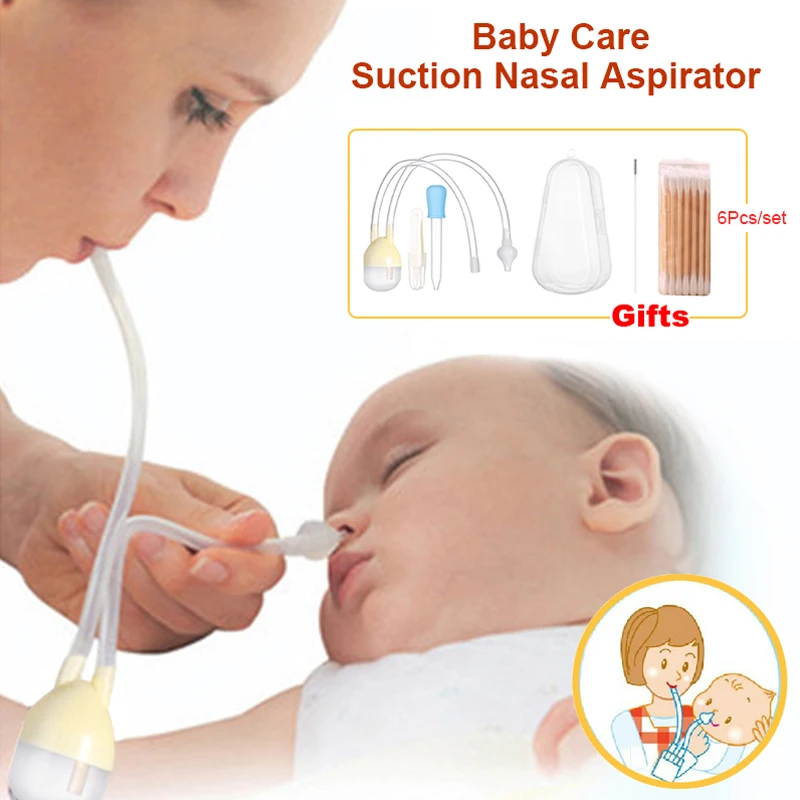 One of the most common reasons a baby refuses to breastfeed is difficulty in breathing through the nose. A significant role in the development of this condition is given to the physiological characteristics of the nasal mucosa of the newborn, as well as the anatomical features of the child's nose. In an infant, the nasal passages are much wider and shorter, the mucous lining the nasal cavity is thickened and rich in a dense network of blood vessels, while the number of glands that produce mucus is not yet large. Even a small swelling of the mucosa can block nasal breathing. During breastfeeding, the baby has to suck and breathe at the same time, and if the nose is clogged, it is simply impossible to combine these processes. If the baby does not breathe through the nose, feeding turns into torment - the baby cannot suckle without interruption, because he is suffocating.
One of the most common reasons a baby refuses to breastfeed is difficulty in breathing through the nose. A significant role in the development of this condition is given to the physiological characteristics of the nasal mucosa of the newborn, as well as the anatomical features of the child's nose. In an infant, the nasal passages are much wider and shorter, the mucous lining the nasal cavity is thickened and rich in a dense network of blood vessels, while the number of glands that produce mucus is not yet large. Even a small swelling of the mucosa can block nasal breathing. During breastfeeding, the baby has to suck and breathe at the same time, and if the nose is clogged, it is simply impossible to combine these processes. If the baby does not breathe through the nose, feeding turns into torment - the baby cannot suckle without interruption, because he is suffocating.
The child constantly has to let go of the chest in order to breathe in air through the mouth. This is repeated several times, and as a result, the baby drops the breast.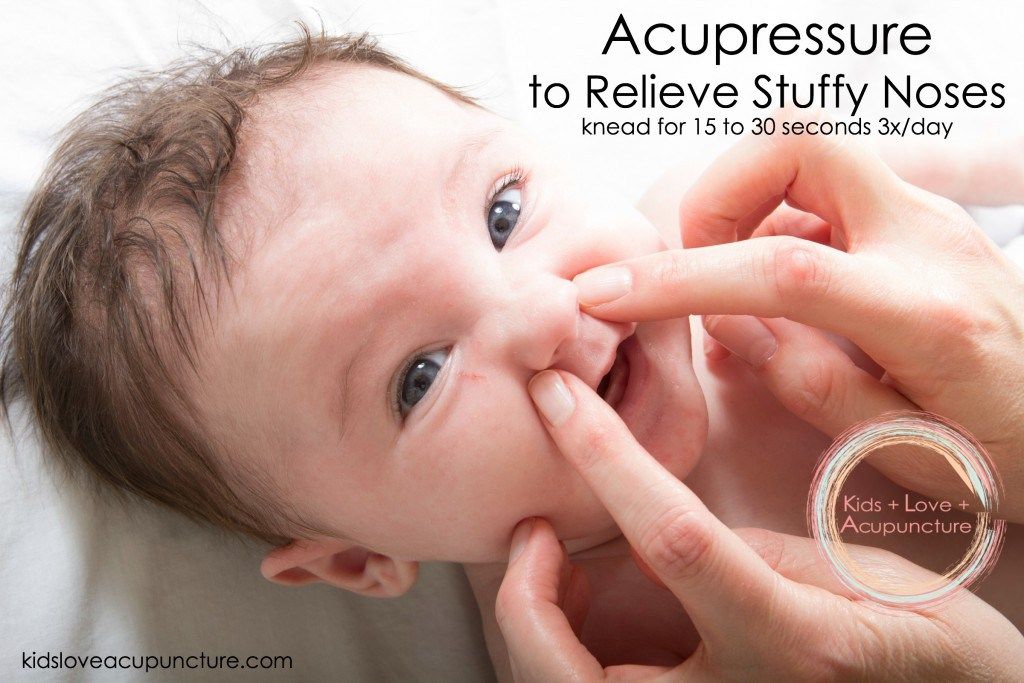 In addition, swallowing air through the mouth contributes to its entry into the stomach, followed by regurgitation of its contents. Frequent regurgitation, in turn, contributes to irritation of the nasal mucosa and nasopharynx with gastric contents and the development of inflammation - rhinitis, which is manifested by prolonged difficulty in nasal breathing.
In addition, swallowing air through the mouth contributes to its entry into the stomach, followed by regurgitation of its contents. Frequent regurgitation, in turn, contributes to irritation of the nasal mucosa and nasopharynx with gastric contents and the development of inflammation - rhinitis, which is manifested by prolonged difficulty in nasal breathing.
That is why it is so important for newborns to pay close attention to nasal hygiene to ensure and maintain free nasal breathing. On the Internet, you can find recommendations advising mothers to instill vasoconstrictors for babies in the nose of babies before feeding. Such advice can be useful only if the child has a runny nose, in all other cases, one should be aware of side effects and the inadmissibility of long-term use of such drugs, as well as the need to consult a doctor.
Special products based on natural sea water have been developed for daily care and cleansing of the nasal mucosa. One of these products is the RINOSTOP® AQUA product line.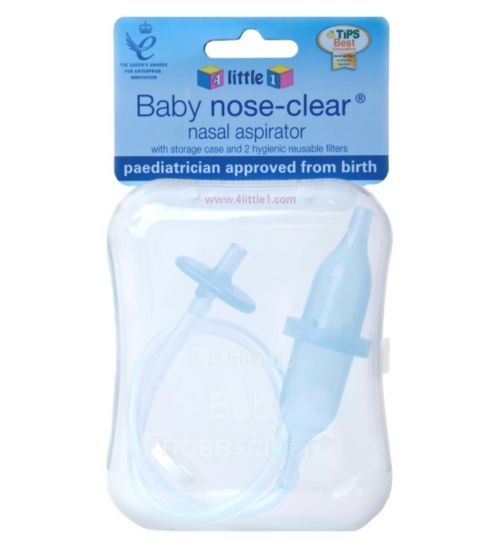
RINOSTOP® AQUA contains 100% natural sea water, widely known for its beneficial properties. No preservatives, stabilizers or other chemicals that can cause irritation of the nasal mucosa are used in the process of production and purification of water; preserved macro- and microelements of natural sea water (K, Mg, Na, Ca, Cl).
The products of the line are available in bottles of different sizes; equipped with nozzles that take into account the anatomical structure of the nose and provide a continuous spray of water of different intensity - in the form of a jet, shower or soft shower.
The special design of the "BAG-ON-VALVE" bottles allows the use of funds in any position of the bottles with a full consumption of the contents without residue.
RINOSTOP® AQUA BABY is perfect for daily hygiene and moisturizing of little noses from birth. It contains sea water in an isotonic concentration close in its physiological characteristics to human plasma. Micro-diffusion water supply in the form of a soft shower provides:
- gentle care for the delicate nasal mucosa of babies;
- uniform irrigation of the entire mucosal surface by spraying sea water in the form of tiny particles mixed with air - "water vapor"; it is this spray that minimizes the risk of getting into the middle ear cavity;
- cleansing of mucus, crusts, dust and small foreign particles;
- maintaining the normal physiological state of the nasal mucosa and facilitating nasal breathing in babies, contributing to the normalization of good sleep and optimizing the process of breastfeeding;
- moisturizing the nasal mucosa of infants, incl.
